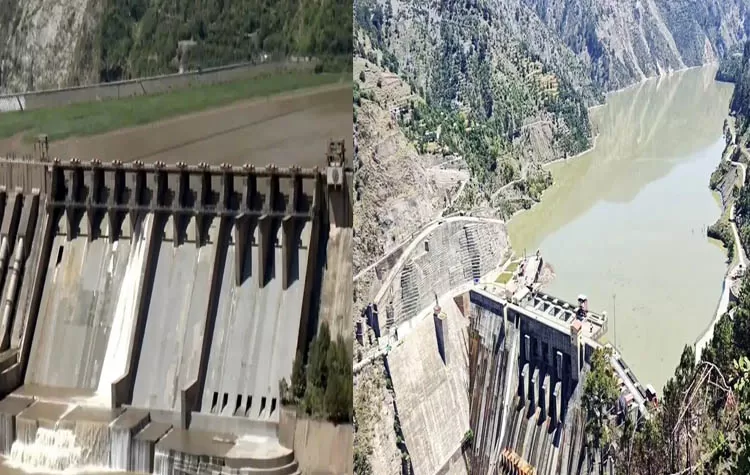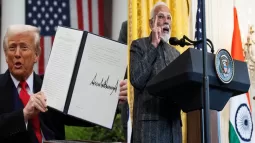
India Starts Strategic Water Management After Pahalgam Attack
Following the recent terror attack at Pahalgam, India has quietly made operational changes at two of its major hydropower plants—Baglihar and Salal Dams. Though water release from Baglihar had already been reduced, the authorities have now stopped the release of water from the Salal Dam as well. A British news wire agency has informed that efforts are in progress to enhance the water storage capacity of both reservoirs.
These moves follow the effective suspension of the Indus Waters Treaty, a historic accord that has regulated water sharing between Pakistan and India since 1960. Without the treaty being in operation, India has not informed Pakistan about these changes in operations. Water policy experts characterize this as a drastic departure from earlier bilateral water collaboration models.
Reservoir Flushing Initiated to Increase Capacity
Indian authorities initiated a sediment flushing operation in one of the reservoirs last Thursday, the process of which removes piled-up sludge. This maintenance was carried out for almost three days and is overseen by NHPC, the state-owned hydropower company. Suspension of water to Pakistan at the moment is not possible but this initial move is thought by experts to have long-term implications for the availability of water downstream.
About six hydropower projects come under the purview of the now-suspended Indus Waters Treaty. Experts caution that raising the storage capacity of these projects would directly cut down the amount of water reaching Pakistan. The Salal Dam, which has been in operation since 1987, and the Baglihar Dam, which was commissioned in 2009, are at the heart of this new water strategy.
No Official Comments from Indian Authorities
Neither the Indian government nor NHPC has made comments on the activity taking place at the two dam locations. Officials involved in the operations indicate that the flushing process is normal maintenance aimed at maximizing electricity generation and saving turbine systems from sediment-induced damage. Since the treaty is suspended, India has no obligation to notify Pakistan of changes to its water facilities.
Kushvinder Vohra, a retired Chairman of the Central Water Commission, highlighted the fact that India now has complete freedom to initiate changes in its hydropower projects without anybody's interference. These changes mark a change in India's water diplomacy stance.
Limited Diplomatic Channels Remain for Pakistan
With the Indus Waters Treaty put on ice, Pakistan's recourse options are dramatically limited. Although the World Bank is still the treaty's authorized facilitator, its function is administrative. It has no mandate to compel compliance or deliver binding rulings. Best it can do is act as a mediator by appointing impartial experts or instigating arbitration proceedings on both sides' request.
Analysts say even if Pakistan takes the issue to the World Bank, the potential for effective intervention is narrow. The incident highlights the strategic significance of India's decision to gain greater control over its western river systems.













